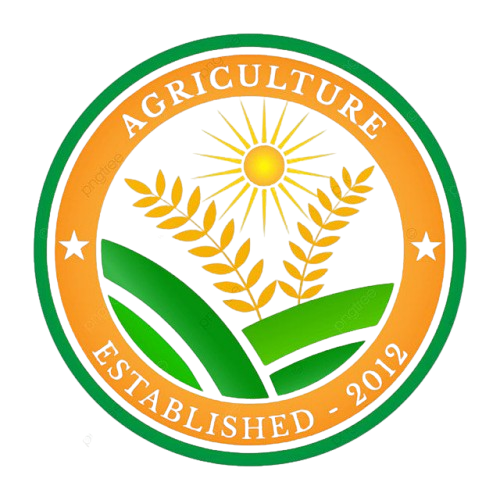Agricultural Extension
The process of giving farmers the information, abilities, and methods they need to advance their farming methods and raise agricultural yield is known as agricultural extension. Additionally, It entails the sharing of novel agricultural technologies, scientific discoveries, and advancements, with an emphasis on rural development. Moreover, By acting as a liaison between farmers and research organizations, agricultural extension personnel make sure that important information reaches the community.

They provide advice on contemporary agricultural methods, crop management, protecting soil, managing pests, and making economical use of resources like fertilizer and water. Firstly, Agricultural extension seeks to empower farmers by providing them with the knowledge and tools they need to make decisions that will boost crop yields and enhance food security. Howover, It also has a significant impact on environmental conservation and sustainable agriculture by supporting methods that protect soil health and lessen the effects of climate change.
Agricultural extension services also help with rural development by promoting community involvement, motivating farmers to try new practices, and assisting them in obtaining funding and markets. In the end, agricultural extension plays a critical role in the socioeconomic growth of rural communities by improving livelihoods and building resilience to obstacles in the field.
Agricultural Extension Career for Students
A career in Agricultural Extension offers students the opportunity to work closely with farmers, rural communities, and agricultural institutions to improve agricultural practices and promote sustainable development. Additionally, This field focuses on transferring knowledge from research institutions to farmers, helping them adopt modern farming techniques, improve crop yields, and increase income.
Key Roles in Agricultural Extension:
- Extension Officer: Works with farmers to provide information on new farming techniques, pest control, and irrigation methods.
- Agriculture Consultant: Offers expert advice on soil management, crop selection, and sustainable agriculture practices.
- Farm Manager: Manages large farms or agricultural enterprises, overseeing production, marketing, and workforce management.
- Research and Development Specialist: Conducts studies on improving crop production, livestock care, and efficient farming practices.
Skills Needed:
- Strong communication and interpersonal skills
- Problem-solving and analytical thinking
- Technical knowledge of agriculture
- Understanding of rural development and sustainability
Career Opportunities:
- Government Agencies: Ministry of Agriculture, State Agriculture Departments
- Non-Governmental Organizations (NGOs): Working in rural development and food security programs
- Private Sector: Agribusiness firms, seed and fertilizer companies
- Educational Institutions: Teaching and research roles in universities and agricultural colleges
Educational Pathway:
A B.Sc. in Agriculture or Agricultural Extension is typically required, with many professionals also pursuing a Master’s or PhD for higher positions or research roles.
Impact of the Career
Improving rural living and agricultural output is a major responsibility of the Agricultural Extension profession. In fact, it acts as a crucial link between farmers and research institutes, thus bringing the newest methods, ideas, and technology to the local level. Moreover, professionals in agricultural extension offer valuable advice on sustainable farming methods, soil health, pest control, and crop management. As a result, farmers are able to raise agricultural yields and improve food security by using these cutting-edge techniques. Additionally, they help rural people develop climate resilience, diversify their sources of income, and promote agribusiness. Through this, extension services also empower farmers to make wise decisions through education and capacity building. Ultimately, by advancing agricultural knowledge, improving livelihoods, and encouraging sustainable growth in the agriculture sector, this profession plays a pivotal role in promoting rural development.



